The Independent's journalism is supported by our readers. When you purchase through links on our site, we may earn commission. Why trust us?
10 best economics books
We read the tomes that will help you make sense of a tumultuous global market

Your support helps us to tell the story
From reproductive rights to climate change to Big Tech, The Independent is on the ground when the story is developing. Whether it's investigating the financials of Elon Musk's pro-Trump PAC or producing our latest documentary, 'The A Word', which shines a light on the American women fighting for reproductive rights, we know how important it is to parse out the facts from the messaging.
At such a critical moment in US history, we need reporters on the ground. Your donation allows us to keep sending journalists to speak to both sides of the story.
The Independent is trusted by Americans across the entire political spectrum. And unlike many other quality news outlets, we choose not to lock Americans out of our reporting and analysis with paywalls. We believe quality journalism should be available to everyone, paid for by those who can afford it.
Your support makes all the difference.Almost a decade on from the start of the financial crisis and the consequences of the upheaval are still with us – as well as new challenges after the Brexit vote and the arrival of Donald Trump as leader of the free world. The good news is that there are some excellent and accessible guides to what’s been happening out there, books that turn economics from the gloomy science into a thing of intellectual beauty.
You can trust our independent reviews. We may earn commission from some of the retailers, but we never allow this to influence selections, which are formed from real-world testing and expert advice. This revenue helps us to fund journalism across The Independent.
1. The Rise and Fall of American Growth by Robert Gordon: £29.95, Princeton
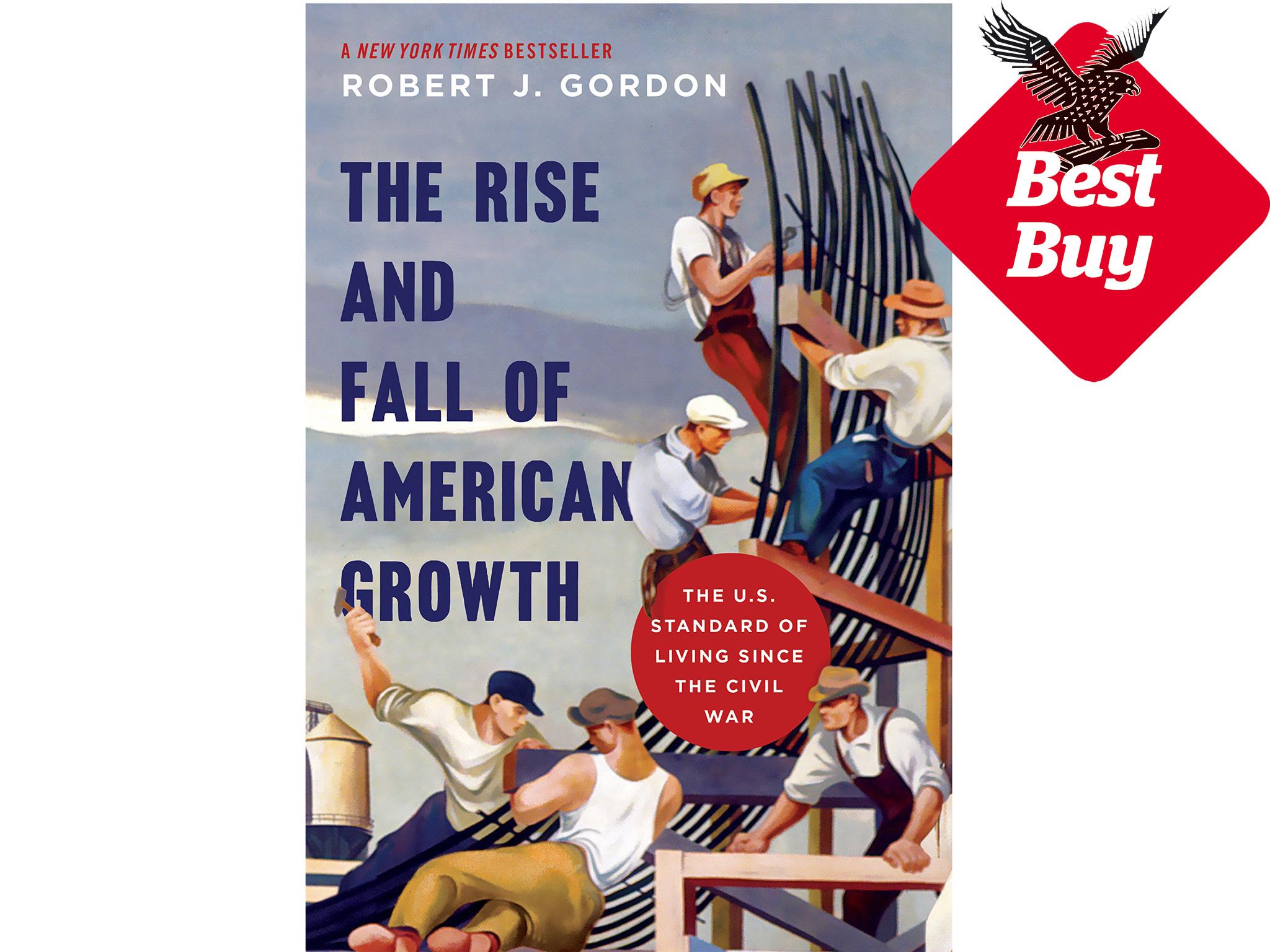
Rarely can a book with such an unprepossessing title have been such a gripping read. Gordon's genius – that is not too grand a term – is to weave together economic history with the story of the technology, know-how, politics, demographics and medicine that made the astonishing progress of the United States between the end of the civil war and today perhaps the most remarkable ever. The greater service provided by the author, aside from its unexpectedly high value as a compelling pie of entertainment for the general reader, is to provide the essential backdrop to what has been so dramatically overtaking America in recent months. We know that the lost jobs, stagnant earnings and frustrated ambitions of so many made them turn to Trump. What we need to understand is how that came to pass.
2. The End of Alchemy: Money, Banking and the Future of the Global Economy by Mervyn King: £25, Little, Brown
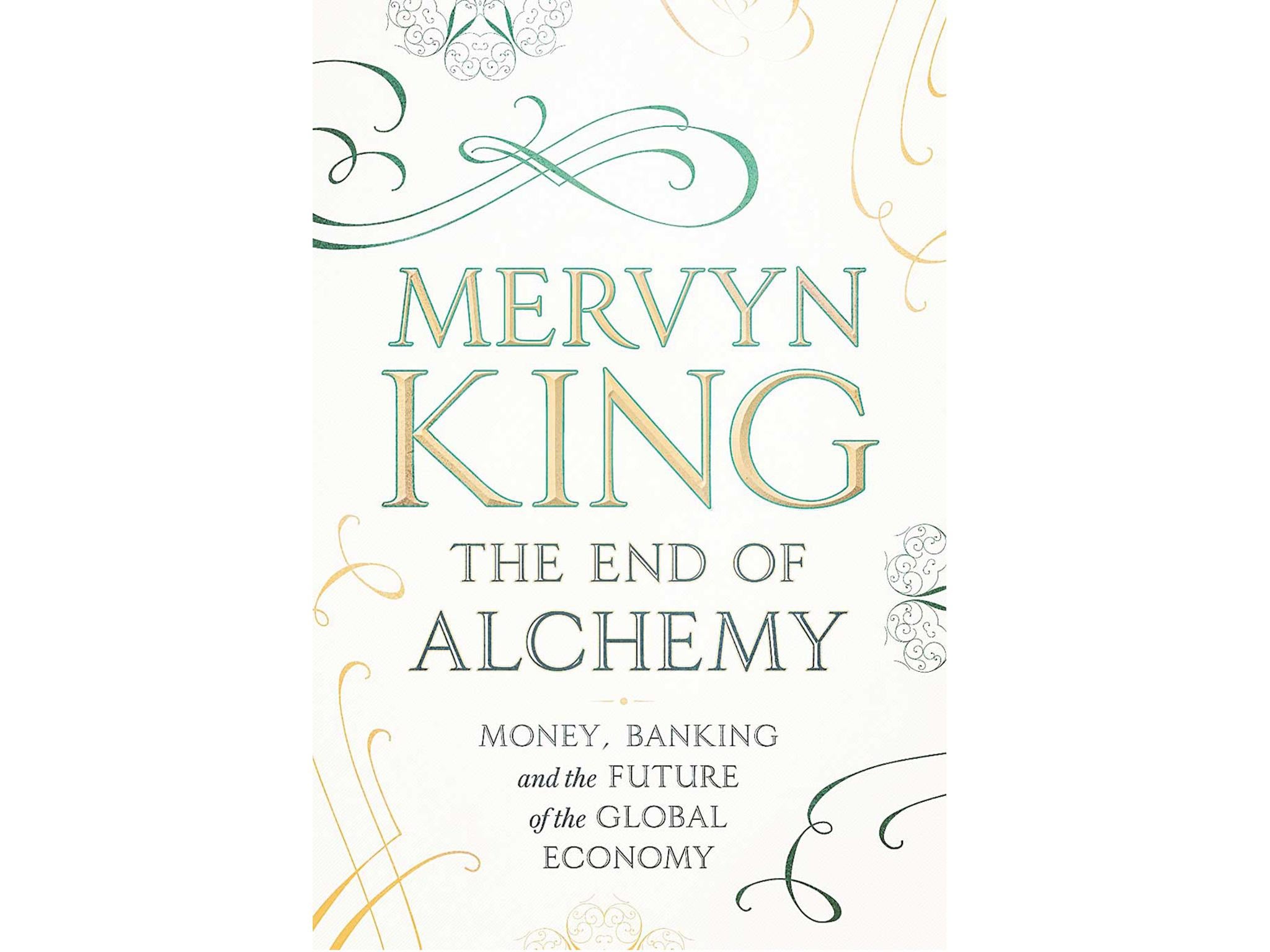
So used are we to the sight of the tanned and smooth Mark Carney playing the “rock star central banker” we have almost forgotten the man who proceeded him, the rather owlish Mr (now Lord) King. Former governors of the bank of England aren’t supposed to write their memoirs, more’s the pity, and there is little about the author’s personal role in the great financial crisis or much else beyond the odd anecdote and some musings about the all the gold that lay beneath his office. Still, there is enough of a story and some novel, and attractively simple, ideas about how to stop the banks wrecking the economy to make this a worthwhile read. The Bank of England as “pawnbroker of last resort”? Not as strange as it sounds.
3. Other People's Money by John Kay: £16.99, Profile

Kay is one of the country’s most readable, wise and prescient economic journalists, and his latest book is a typically sensible and comprehensible contribution to understanding what on earth has been going on these past 10 years or so. Like Mervyn King, Kay nurses a wistful nostalgia for the solid relationship “Captain Mainwaring” banking of the past, before all these dreadful mathematicians and salesmen started trying to create something out of nothing. He persuades us that what we have just lived through was the aftermath of a gigantic confidence trick; but is a little short on ways forward.
4. The Euro by Joseph Stiglitz: £20, Penguin
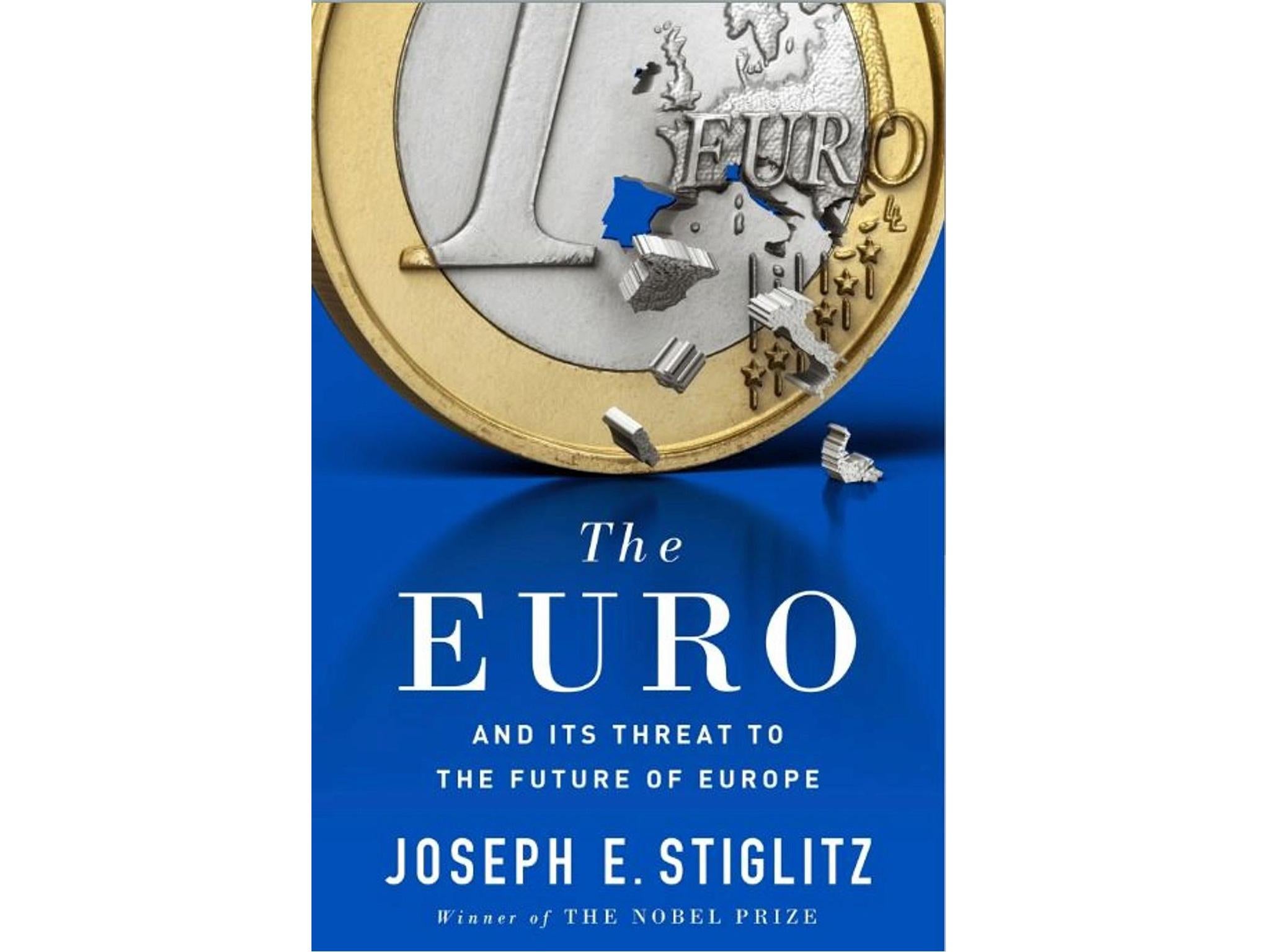
Gone a bit quiet, hasn’t it, the Eurozone crisis? Not so long ago you could hardly move for Greek debt disasters and busted Spanish banks. Professor Stiglitz renders the signal service to the world of reminding us that the euro, as a concept, is fatally, fundamentally and inherently flawed. A common currency without a common fiscal system and a common political entity to enforce and support it is no currency at all. We have not heard the last of the Eurozone’s troubles. An important book.
5. After the Storm by Vince Cable: £18.99, Atlantic
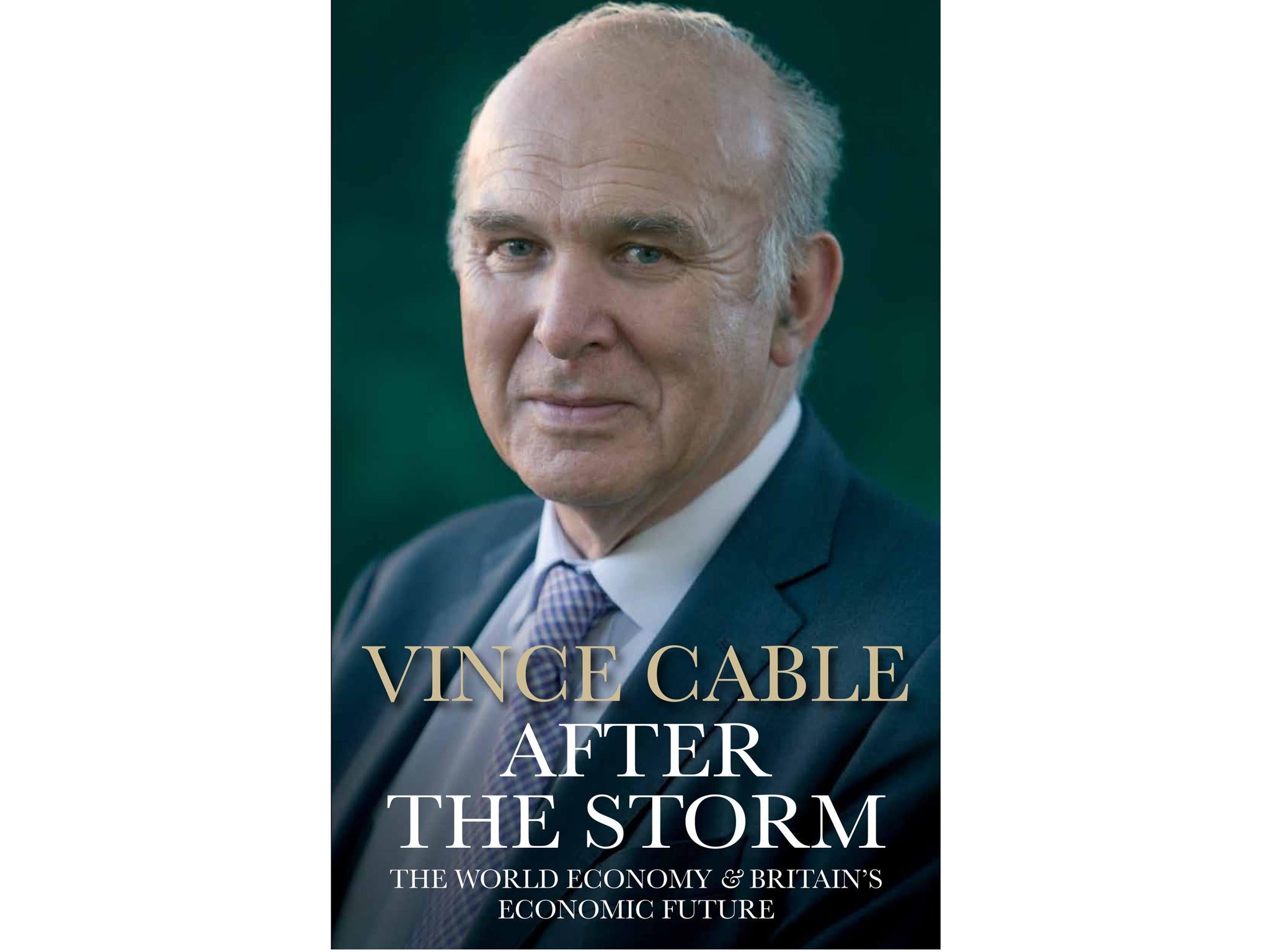
Part memoir, part work of economics, Vince Cable’s latest is not as timely nor as accomplished as its prequel The Storm. Sir Vince is not the political force he was – he, like so many other Lib Dems, lost his seat in the tsunami of 2015, but has managed to retain some of the respect and trust he earned with the public during his time in opposition.
6. Capital in the Twenty-First Century by Thomas Piketty: £31.95, Harvard University Press
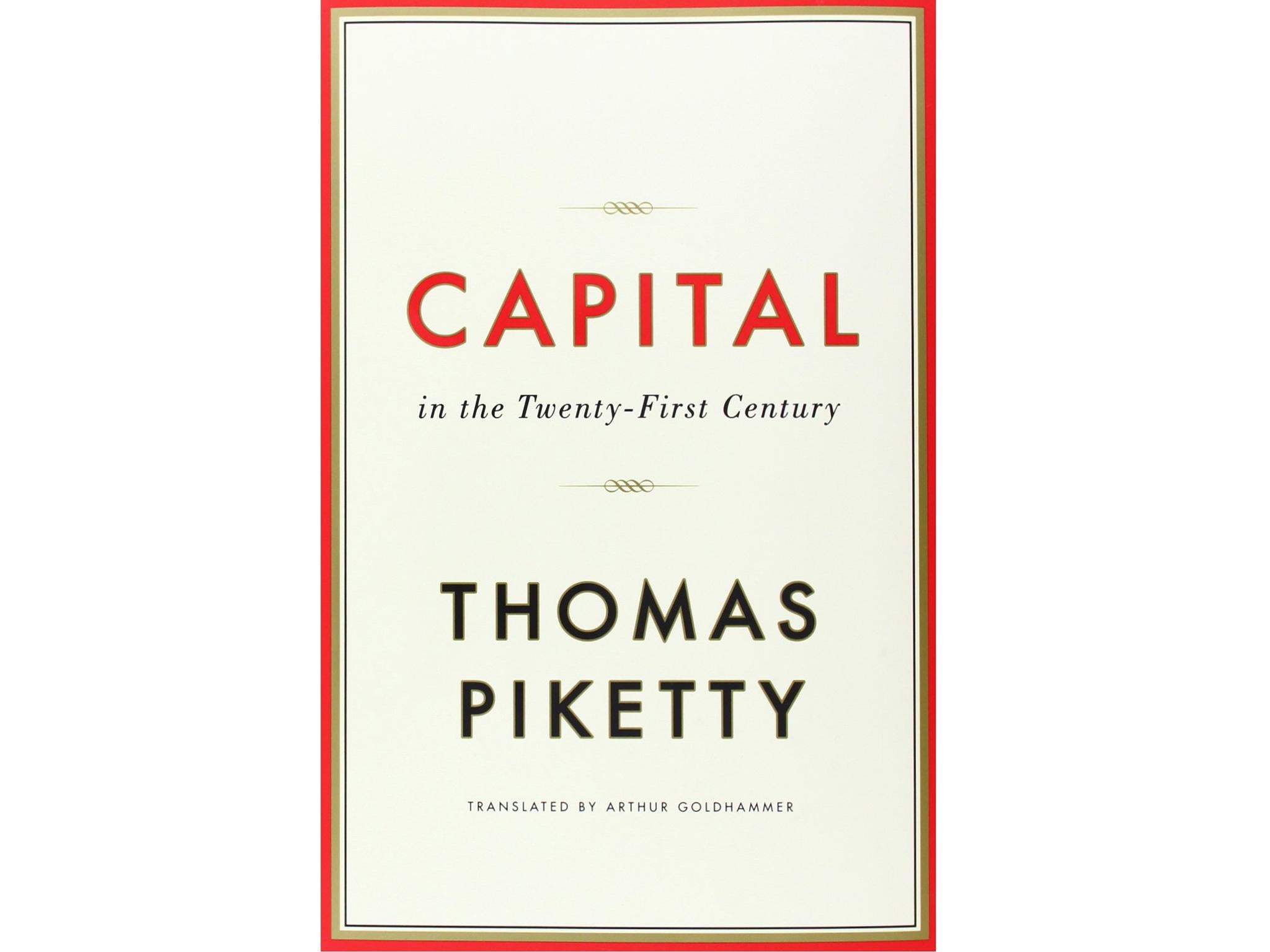
With its proposal for a global tax on wealth, this makes for uncomfortable, if necessary, reading for the richest citizens of today. With a vast historical and geographical sweep, this French economist, through this work, is sometimes credited with re-inventing economics in the same way that JM Keynes did eighty years ago. He doesn’t, but in the absence of anything more convincing, his redistributionist solutions may prove the antidote to Trumpism, when the time comes.
7. The Globalization of Inequality by François Bourguignon, trans Thomas Scott-Railton: £19.95, Princeton University Press
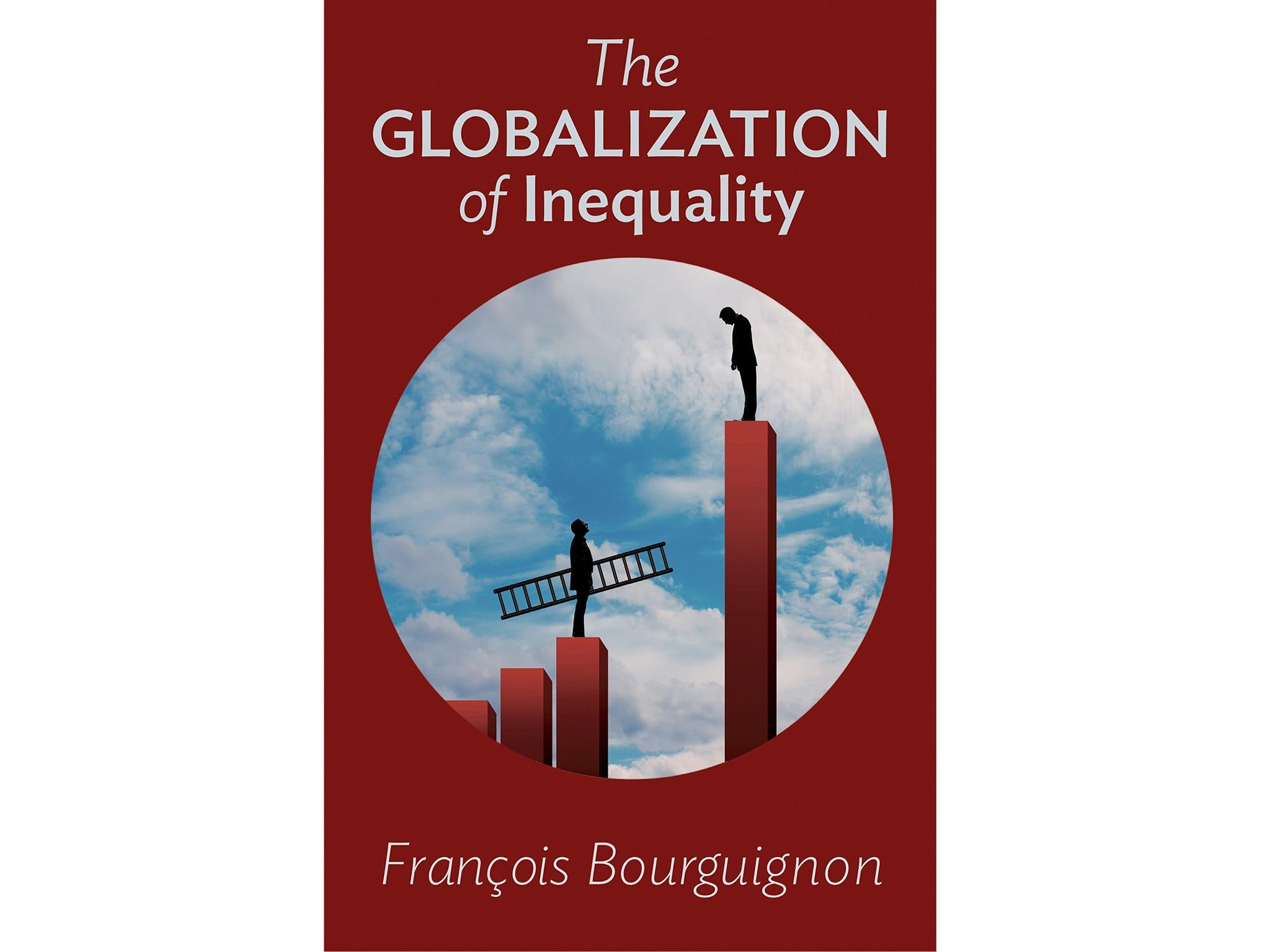
Much of the most powerful economic thinking seems to be coming from France these days. Perhaps a focus on inequalities in wealth and income should not be surprising in a country that has “égalité” as part of its national motto. In any case there is a growing consensus that inequalities in the advanced economies helped to fuel the financial crisis and are in themselves a source of financial instability as well as moral outrage and political danger (as we have seen recently, angry, resentful voters can behave in radical ways). More of a long essay than anything, it is as convincing a case as any for a fairer society – on grounds of economic efficiency. Unlikely to be on The Donald’s Christmas reading list.
8. Between Debt and the Devil by Adair Turner: £18.25, Princeton University Press
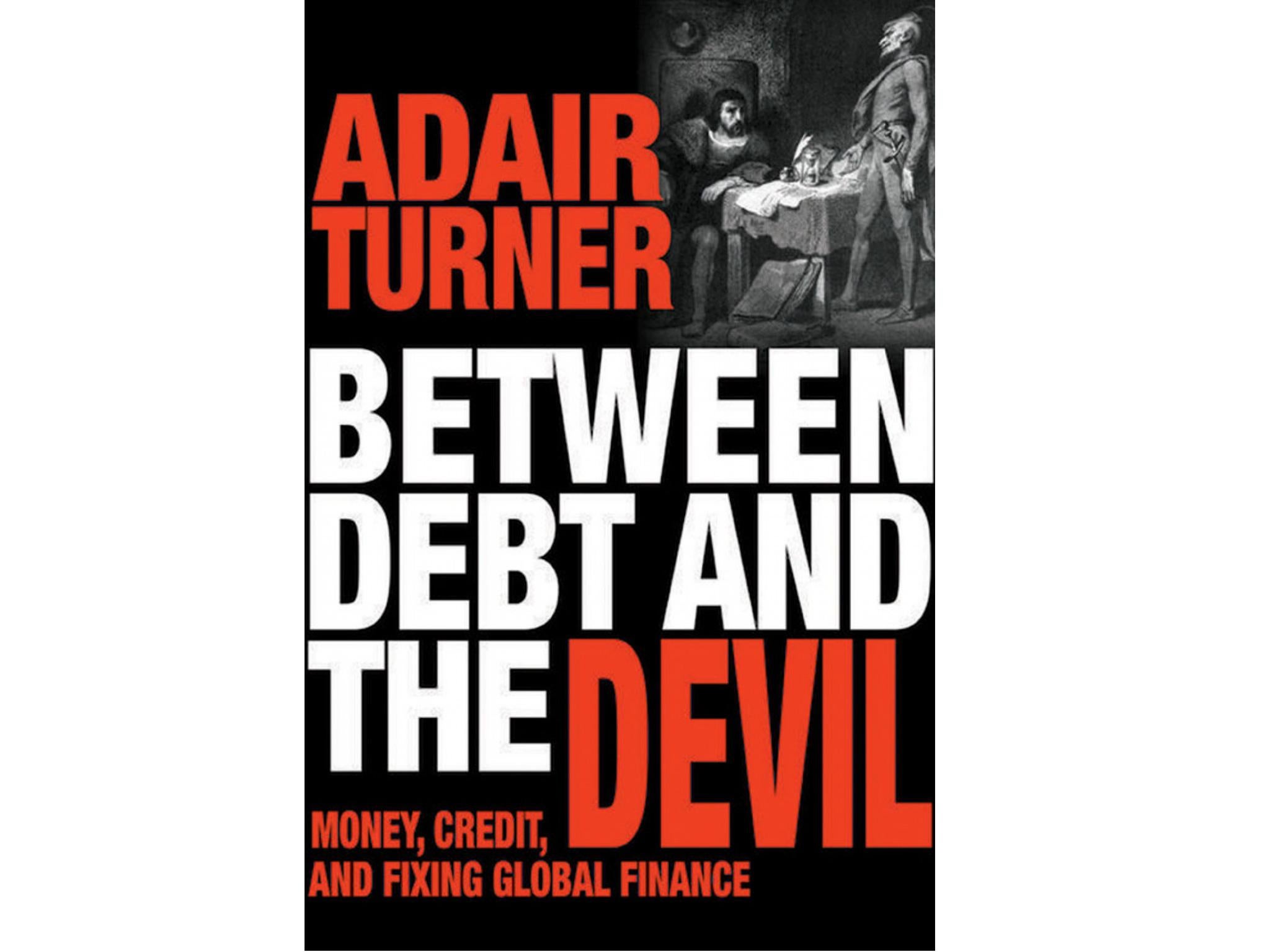
When he ran the now-defunct Financial Services Authority, during the great banking crisis of 2009, Adair Turner summoned up the courage to tell the world that much of what occurs in financial markets is “socially useless”, trading systems designed to shave the last shred of profit out of transactions fairly or not, legally or not, yielded little if anything for the common good. This book takes many of the themes and presentations that the author used during his time at the FSA and turns them into a strong narrative and powerful argument for reform, but what he wins on fluency the author tends to lose on originality.
9. Hall of Mirrors by Barry Eichengreen: £20, Oxford University Press
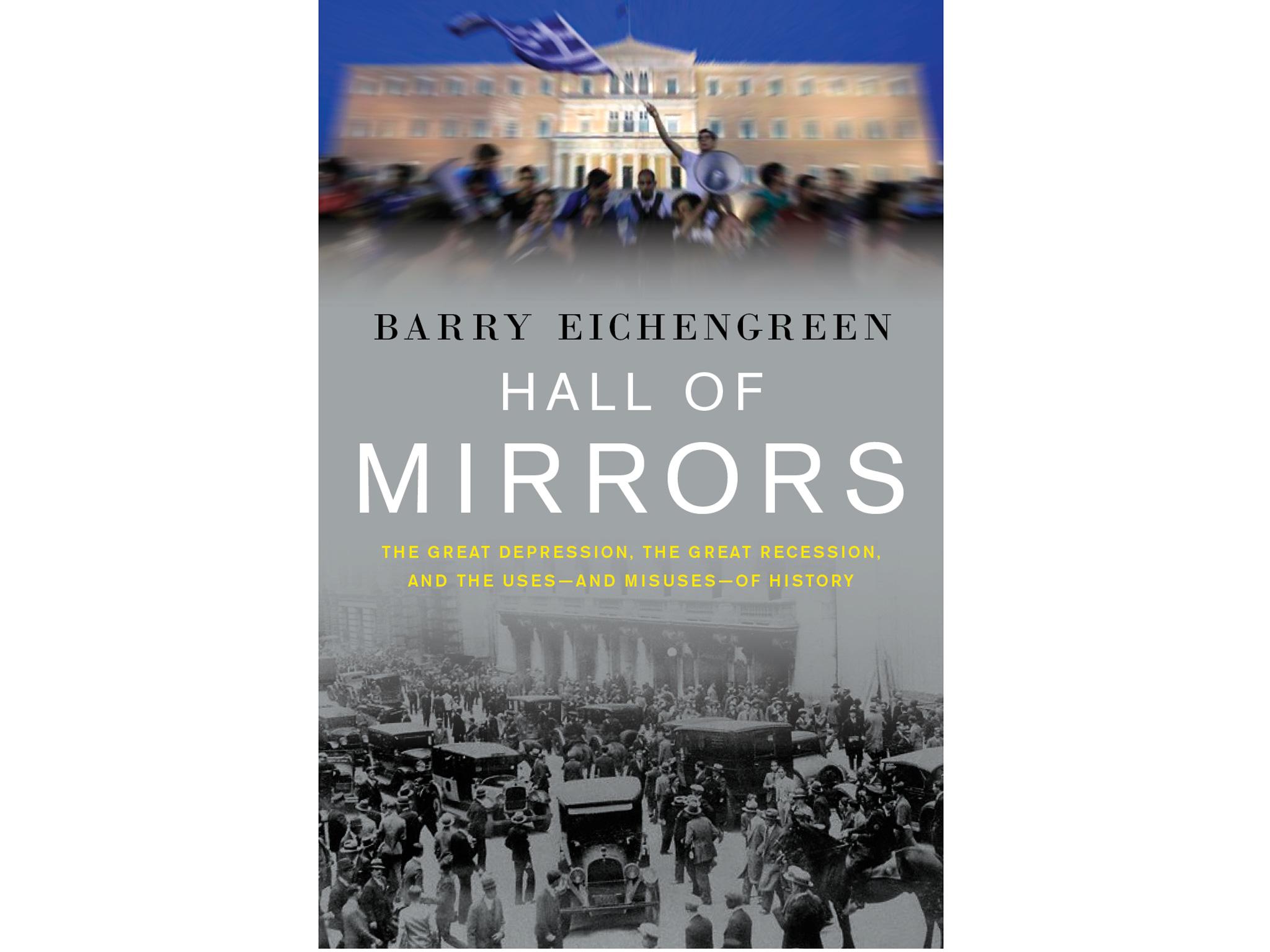
We have been here before. Sort of. Eichengreen’s work tells the parallel stories of the banking crisis and Great Depression of 1929-33, and after, and the financial crisis and Great Recession of 2007-10, and after. Some of the parallels are sufficiently “mirrored” to be reassuring. All that central banks and governments have done to stimulate economies in the last decade or so is in stark contrast to the errors and confusions of the previous era (when economic science was insufficiently well advanced to help practical policy – Keynes’ greatest work, the General Theory, did not emerge until 1936 after all). Yet, as we can all see only too clearly, our economic problems are far from over.
10. The Power to Compete by Hiroshi Mikitani and Ryoichi Mikitani: £20, John Wiley & Sons
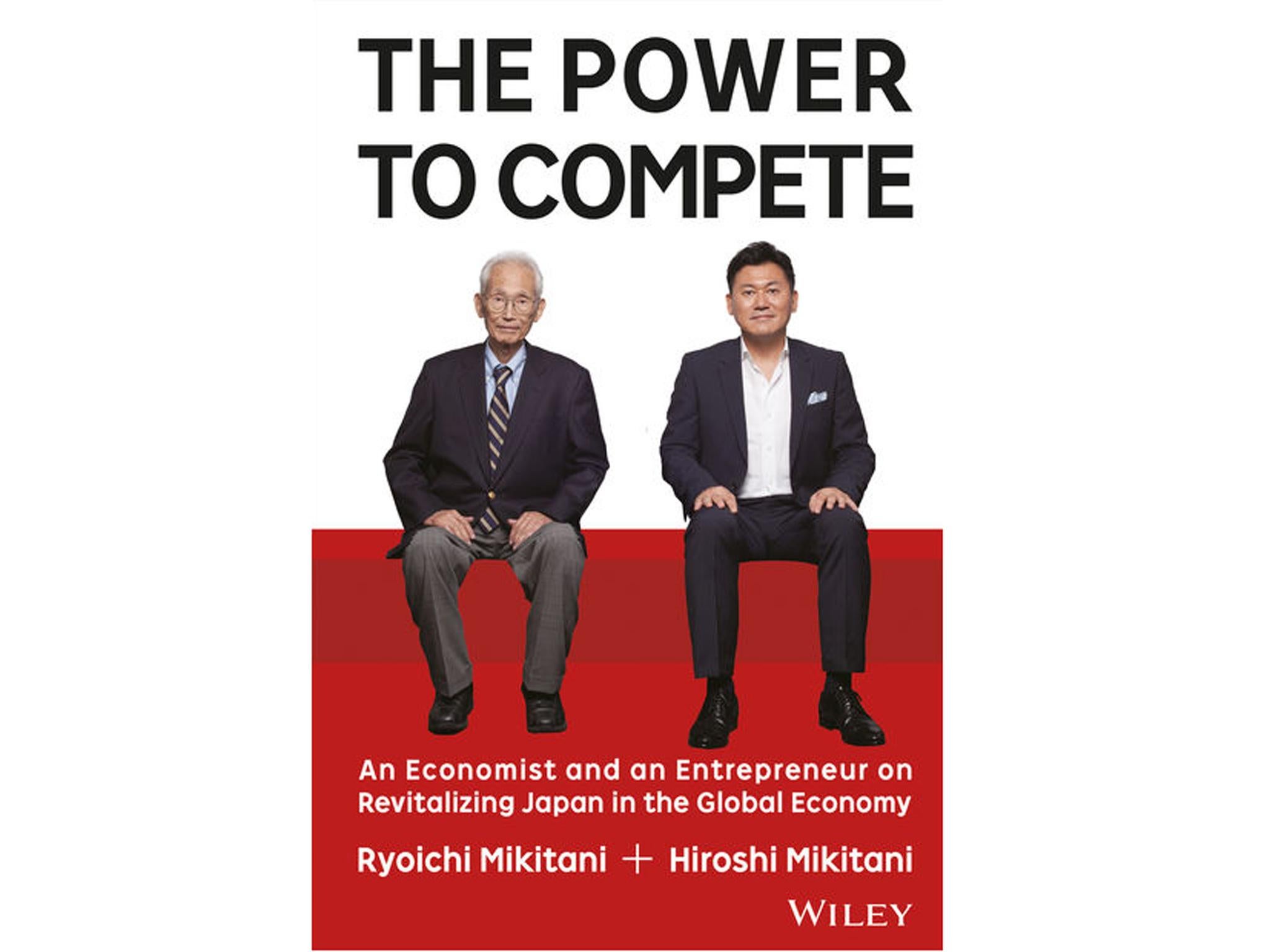
OK, the prolonged dialogue between Hiroshi (son and internet entrepreneur) and Ryoichi (dad and professional economist) isn’t always the most enthralling you’ve eavesdropped on, but they are worth listening to. Japan remains one of the world largest economies (third behind America and China on most measures) and, compared with others, least noticed or written about. The near 30 year-long stagnation of the nation is nothing new; and the policy options are drying up. Could this ageing, deflationary, gracefully declining society where nothing seems to boost the economy and consumers would much rather save than spend be on a path that western Europe will soon follow?
The Verdict: Economics books
For the sheer breadth and majesty of its story, the power of the narrative and the almost homely touches, The Rise and Fall of American Growth by Robert Gordon is less a textbook of economic history than a fascinating story of the people who, to borrow a phrase, made America great. An enthralling read.